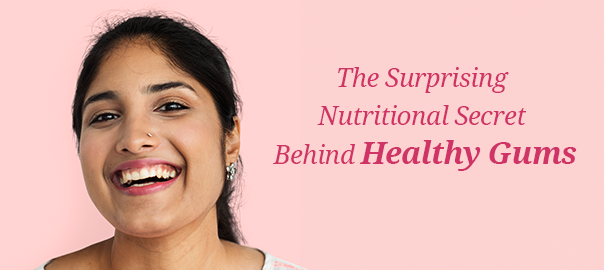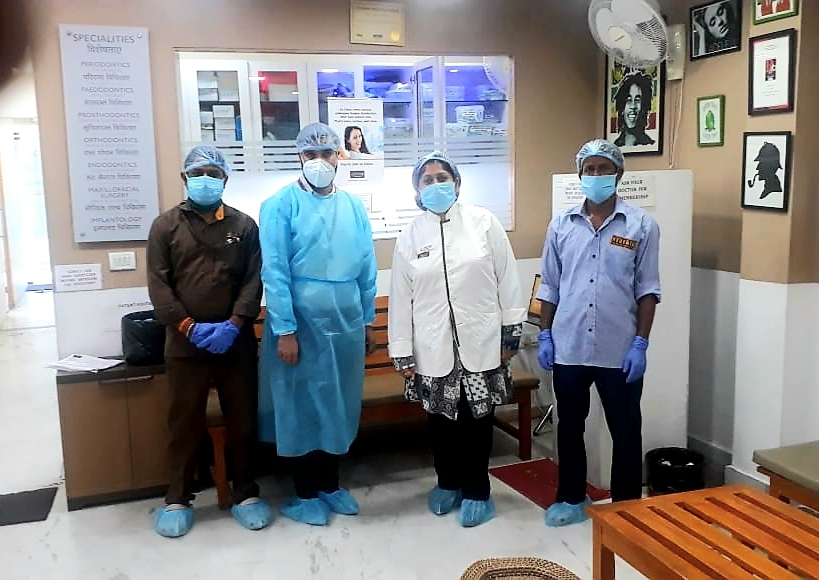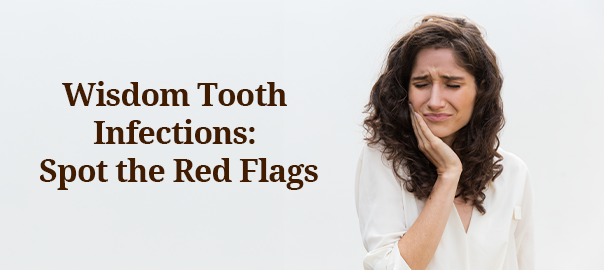
The Surprising Nutritional Secret Behind Healthy Gums
Table of Content
Standing in line, you can’t help but notice everyone’s smiles. Some people just seem to have that perfect, healthy gums that make their smiles shine bright. Remember when masks covered everything? Those days are gone, and now you feel everyone can see through your bright red swollen gums, overshadowing that beautiful smile of yours.
Ever wonder how some people have fantastic gum health while you’re struggling? The solution is always less complicated than how big you make the problem up in your mind – it’s all about what you eat! Your diet is reflected not only in your skin but also in your smile. Interesting, right?
We know you’ve heard about vitamins and oral health before. Maybe in high school biology or from a dentist. But let’s be real – most of us forget these important lessons. The truth is, what you put in your body directly impacts how your gums look and feel.
Curious to learn how your diet can transform your smile? Keep reading.
The Hidden Connection Between Vitamins and Gum Health
Our oral tissues require specific vitamins to maintain their integrity and function properly. When these essential nutrients are missing, the gums become more susceptible to bleeding and infection. Getting a better understanding of these connections helps patients and dentists address the root causes of bleeding gums more effectively.
The Vitamin Trio for Gum Wellness
Vitamin C: The Gum Protector
Vitamin C is a powerhouse nutrient that does more than boost immunity. It’s critical for:
- Strengthening gum tissue structure
- Supporting collagen production
- Enhancing wound healing capabilities
Due to lack of vitamin C, gum tissues become fragile and less resilient. In extreme cases, severe vitamin C deficiency can lead to a condition called scurvy, which dramatically impacts oral health.
Vitamin K: The Healing Helper
This often-overlooked vitamin plays a vital role in:
- Blood clotting
- Tissue healing
- Supporting overall gum resilience
Vitamin D: The Immune System Ally
Modern research highlights vitamin D’s importance in oral health by:
- Supporting immune system function
- Facilitating calcium absorption
- Reducing inflammation in gum tissues
Recognizing the Signs
Your gums speak louder than you hear about your nutritional status. Watch for indicators like change in your gum texture & color or increased sensitivity. This may also lead to delayed healing post completion of dental procedures.
Clinical Manifestations and Diagnosis
Healthcare providers typically identify vitamin deficiency-related bleeding gums through comprehensive examination and patient history. Physical signs often include:
- Swollen, spongy gum texture
- Bright red or purple gum coloration
- Bleeding triggered by gentle brushing
- Persistent gum inflammation despite good oral hygiene
Treatment Approaches and Prevention
Addressing vitamin-deficiency-related bleeding gums requires a multi-faceted approach:
Dietary Modifications
Incorporating vitamin-rich foods remains the foundation of treatment. Natural sources include:
- Citrus fruits and berries for vitamin C
- Leafy greens and cruciferous vegetables for vitamin K
- Fatty fish and egg yolks for vitamin D
Professional Intervention
Dental professionals may recommend:
- Vitamin level testing through blood work
- Supplementation under medical supervision
- Regular dental cleanings to monitor improvement
- Modifications to oral hygiene techniques
When to Seek Professional Care
Patients should consult dental professionals when experiencing:
- Bleeding gums lasting more than two weeks
- Accompanying symptoms like persistent bad breath
- Gum recession or tooth mobility
- Limited response to improved oral hygiene
Key Takeaways
The Bigger Picture
Understanding the connection between nutrition and oral health transforms how we approach gum wellness. It’s not just about brushing and flossing—it’s about nourishing your body from within.
Remember, healthy gums are a window to your overall well-being. By paying attention to your nutritional intake and working closely with healthcare professionals, you can build a strong foundation for lasting oral health.






